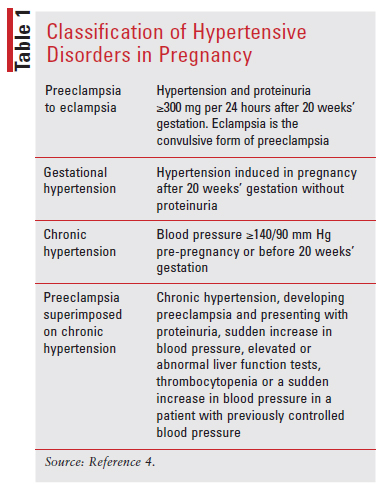
Pregnancy Hypertension: A Comprehensive Guide
Introduction
Pregnancy hypertension, also known as gestational hypertension, is a common complication that affects approximately 5-10% of pregnancies. It is characterized by elevated blood pressure during pregnancy, which can pose significant risks to both the mother and the baby. Understanding the causes, symptoms, and management of pregnancy hypertension is crucial for ensuring optimal outcomes for both parties.
Causes
The exact cause of pregnancy hypertension is unknown, but several factors are believed to contribute to its development:
- Placental Abnormalities: The placenta, which connects the mother to the baby, plays a crucial role in regulating blood pressure. Abnormal development or function of the placenta can lead to reduced blood flow to the uterus, resulting in elevated blood pressure.
- Immune System Dysregulation: Pregnancy involves significant changes in the immune system. Dysregulation of the immune response can trigger inflammation and damage to blood vessels, contributing to hypertension.
- Genetic Factors: Family history of pregnancy hypertension or other cardiovascular conditions may increase the risk of developing the condition.
- Environmental Factors: Certain environmental factors, such as exposure to air pollution or tobacco smoke, have been linked to an increased risk of pregnancy hypertension.
- Underlying Medical Conditions: Women with pre-existing conditions such as chronic hypertension, kidney disease, or diabetes are at higher risk of developing pregnancy hypertension.
Symptoms
Pregnancy hypertension often develops without any noticeable symptoms. However, some women may experience:
- Elevated blood pressure readings (systolic pressure of 140 mmHg or higher, diastolic pressure of 90 mmHg or higher)
- Proteinuria (presence of protein in the urine)
- Swelling in the hands, feet, or face (edema)
- Headaches
- Visual disturbances (blurred vision, floaters)
- Nausea or vomiting
- Abdominal pain
Risks
Untreated pregnancy hypertension can lead to serious complications for both the mother and the baby:
Maternal Risks:
- Preeclampsia: A more severe form of pregnancy hypertension that can develop after 20 weeks of gestation and is characterized by high blood pressure, proteinuria, and organ damage.
- Eclampsia: A life-threatening condition that can occur if preeclampsia is left untreated and can lead to seizures, coma, and death.
- Placental abruption: Separation of the placenta from the uterine wall, which can cause bleeding and fetal distress.
- Stroke
- Heart failure
- Kidney failure
Fetal Risks:
- Preterm birth: Babies born to mothers with pregnancy hypertension are more likely to be born prematurely, which can lead to health problems such as respiratory distress syndrome and developmental delays.
- Low birth weight: Elevated blood pressure can restrict blood flow to the placenta, leading to reduced fetal growth.
- Stillbirth: In severe cases, pregnancy hypertension can increase the risk of stillbirth.
Diagnosis
Pregnancy hypertension is typically diagnosed through regular prenatal blood pressure monitoring. If elevated blood pressure is detected, the healthcare provider will perform additional tests to confirm the diagnosis and rule out other underlying conditions. These tests may include:
- Urine dipstick test to check for proteinuria
- Blood tests to measure kidney function and liver enzymes
- Ultrasound to assess placental function and fetal growth
Management
The management of pregnancy hypertension depends on the severity of the condition and the gestational age.
Mild Hypertension:
- Close monitoring of blood pressure and fetal growth
- Lifestyle modifications, such as reducing salt intake and engaging in regular exercise
- Medications to lower blood pressure if necessary
Moderate to Severe Hypertension:
- Hospitalization for close monitoring and management
- Medications to lower blood pressure and prevent seizures
- Delivery of the baby if the condition poses a significant risk to the mother or the baby
Prevention
While the exact cause of pregnancy hypertension is unknown, there are certain measures that may help reduce the risk:
- Maintaining a healthy weight before and during pregnancy
- Exercising regularly
- Eating a healthy diet rich in fruits, vegetables, and whole grains
- Limiting salt intake
- Avoiding tobacco smoke and alcohol
- Managing underlying medical conditions, such as hypertension or diabetes
- Getting regular prenatal care
Conclusion
Pregnancy hypertension is a common and potentially serious complication that requires prompt diagnosis and management. Understanding the causes, symptoms, and risks associated with pregnancy hypertension is crucial for ensuring optimal outcomes for both the mother and the baby. By following preventive measures and seeking timely medical attention, women can minimize the risks and ensure a healthy pregnancy.